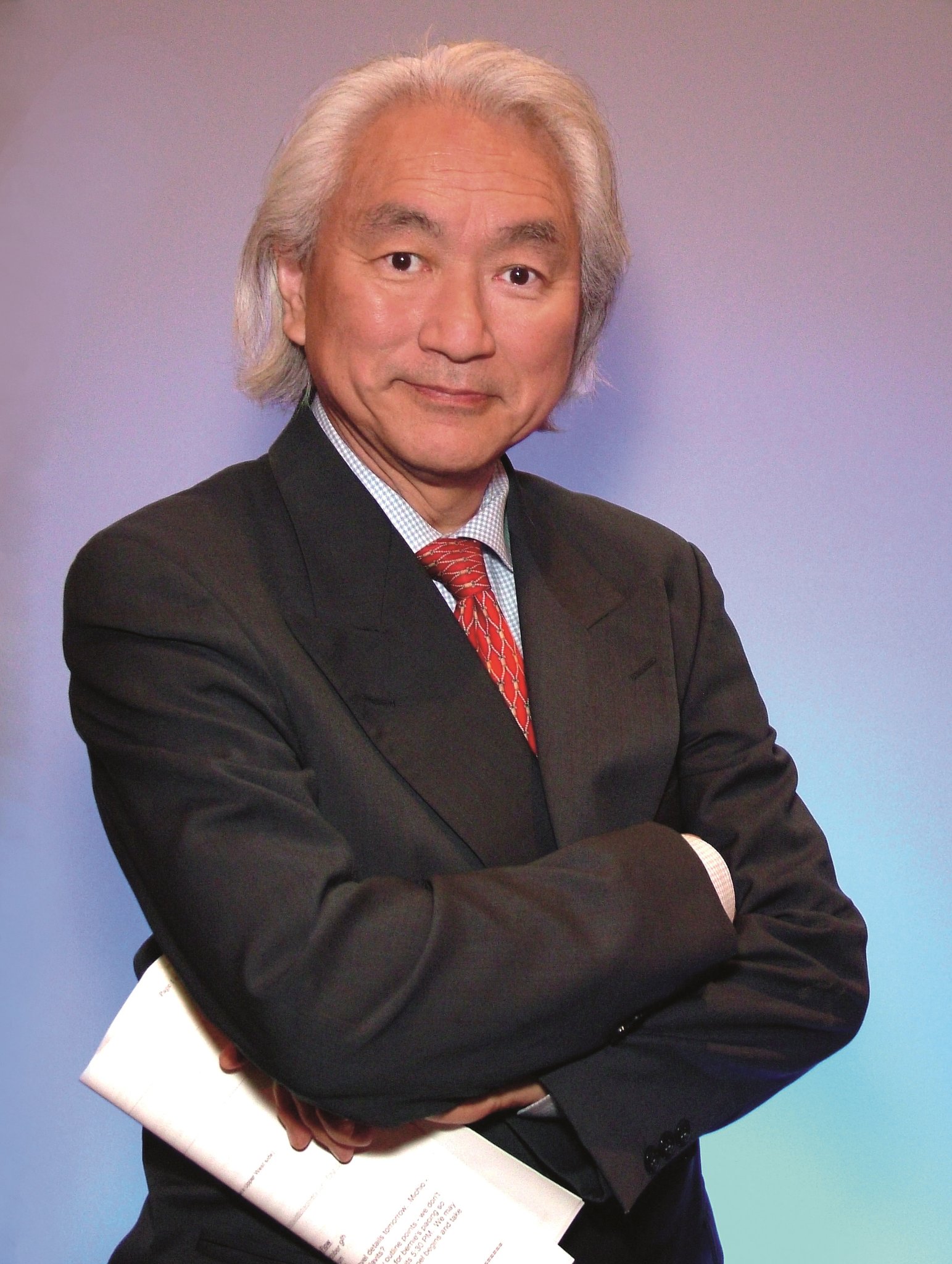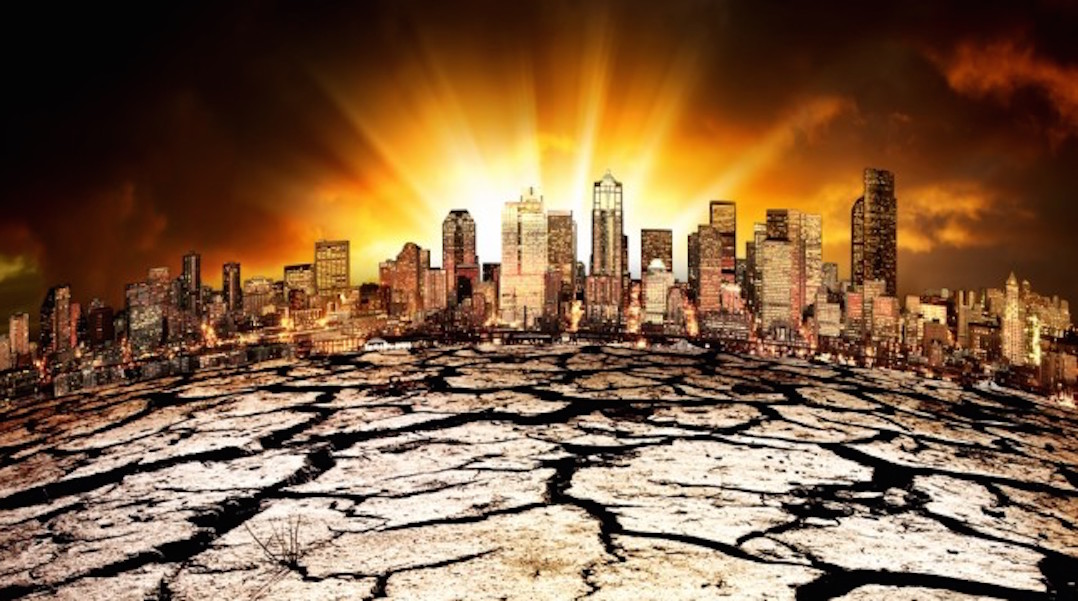One of the most perniciously wrongheaded scientists of our decisive age is physicist and popularizer Michio Kaku. He’s a ubiquitous voice of “techno-optimism” on science shows, and he points in exactly the wrong direction. His book’s fiendish title? “The Future of Humanity.”
As a typically obtuse review in the NYT intones: “Kaku believes he has guardrails that can keep his predictions in check, though: the progress of science and technology. Their sure advance, Kaku believes, allows for the extrapolation of what is possible now to a road map of what we might ultimately become.”
By what logic can any reasonable person, even one so devoted to the worship of science and technology as Kaku, come to that conclusion?
Kaku’s motto: “The Earth is our cradle, but we cannot be in our cradle forever.” That’s moronic and ironic for one stuck in juvenile fantasies about the human future.
There’s nary a word about how humans are bringing about the Sixth Mass Extinction in the history of life on earth. And there’s complete blindness and silence on the spiritual and emotional crisis afflicting humans across the planet in the present.
 With scientific ‘thinkers’ like this, is it any wonder America has such an anti-science president as Donald Trump, and a rape and pillage
With scientific ‘thinkers’ like this, is it any wonder America has such an anti-science president as Donald Trump, and a rape and pillage
Environmental Protection Agency director Scott Pruitt?
It’s worth reprinting an exchange between the entertainer-scientist Neil deGrasse Tyson and theoretical physicist Kaku on Tyson’s shockingly stupid show, “Star Talk.”
Tyson: “When will uploading our brain become a reality?”
Kaku: “Digital immortality is starting now. Telepathy, telekinesis, uploading memories, recording dreams…we can do all of the above.”
“You go to the physics laboratories and you can see how images can be extracted from the human brain. It’s possible now to upload memories in animals and record memories from animals because physics can now probe thoughts as they go ricocheting through the brain.”
Tyson: “Is what you’re describing the same thing as consciousness? Because if that’s the case then it’s not just our thoughts that live forever, it’s our very identity, our conscious self that lives forever.”
Kaku: “There is a theory that the soul is [simply] a vast amount of information, which can be put into holographic form, such that when you pass away something survives.”
Asked if that is immortality, science’s Delphic Oracle pronounces: “Why not have digital immortality? Wouldn’t you want to talk to your great-great-great-great grandkids and them meet their great-great-great-great ancestor?”
This is truly awful philosophy, completely devoid of emotional and spiritual appeal, except to teenage
boys and men. Kaku is describing the destruction of humanity, not the preservation of humanity, a wasteland of the human heart, not the flowering of the human heart.
Besides, it’s incredibly irresponsible to talk about the future of humanity in terms of thousands of years when humanity is in such present peril. It shows a willful ignorance about what is actually happening in the world and human consciousness.
Kaku is a scientific snake-oil salesman selling more of the same techno-elixirs that produced the social dystopia of Facebook.
“Like all good techno-optimists,” the NYT proclaims, “Kaku believes growing up must mean getting out to the stars…given enough time, we might become as the gods.” Really?
Given the rapacious species man has become, and perhaps even was in prehistoric times (with exponentially fewer numbers and immeasurably less powerful technology)…
Given the deracinated species that Homo sapiens has become, led by a North American ‘culture’ that has gone global…
And given the crisis of consciousness that poses a real and present danger to the human spiritual and intellectual potential, time is on darkness’s side, and it’s killing the human spirit.
Though life is always new, man has become a very old species. Why? Because experience, when it isn’t processed, and unnecessary memory deleted through attention, accumulates and suffocates.
Juvenile dreams of sci-fi immortality are no substitute for the requirement all humans have for newness, much less can they bring about a breakthrough of a new human being.
Kaku’s brand of “techno-optimism” camouflages the greatest despair the human prospect has ever known. It has its true counterpart in the plethora of misanthropic science shows fantasizing about how humankind can be wiped off the face of the earth.
It comes down to the question: What is consciousness? Kaku and his kind take consciousness as we know it as a given. I submit that consciousness is not what we have, but what we have the potential for.
Kaku’s dystopic dreams of humanity’s future are a real and present danger to the human potential for cosmic consciousness.
Martin LeFevre
Link: https://www.nytimes.com/2018/05/25/books/review/the-future-of-humanity-michio-kaku.html

